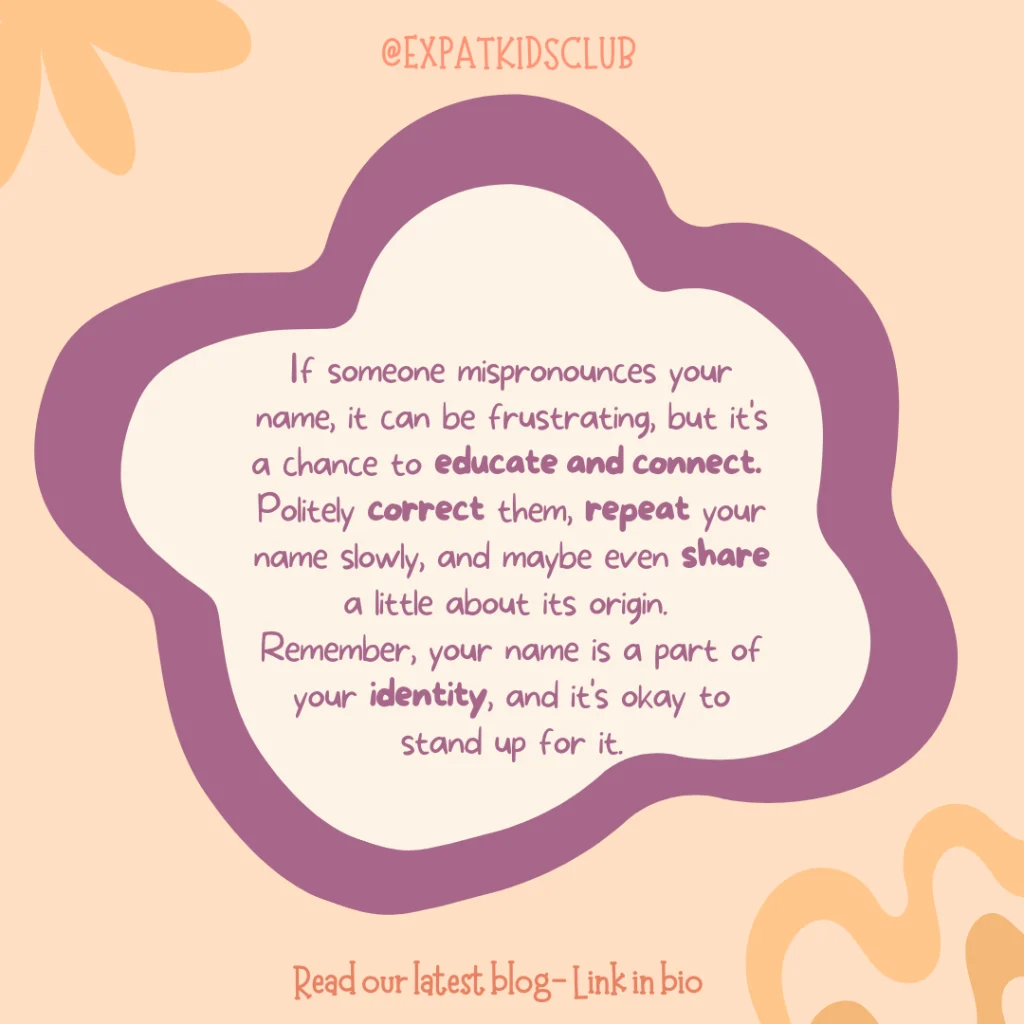Nicknames hold a powerful place in human interaction, blending personality, heritage, and creativity into a single word or phrase. Across societies, nicknames act as personal identifiers, showcasing individuality while connecting to shared traditions. They may arise from family settings, friendships, or digital platforms where identity thrives on uniqueness.
The way people form and use nicknames varies across regions and cultures. In one place, a nickname may be based on physical traits, while in another, it may stem from ancestry, mythology, or linguistic play. This demonstrates how cultural backgrounds significantly shape how individuals choose, adopt, and retain their nicknames.
By exploring cultural influences on nicknames, we discover how language, tradition, symbolism, and social values shape personal identity. Understanding these nuances gives deeper insight into why a single nickname may hold deep emotional weight for one community but appear casual or even meaningless in another.
The Role of Language in Nickname Creation
Influence of Native Tongue on Sounds and Meanings
Language directly impacts how nicknames sound and feel. A unique nickname in one language may carry humor, affection, or honor, while the same word may sound ordinary in another. Dialects, tones, and alphabets also shape how nicknames are adapted or shortened.
Translation and Misinterpretation of Nicknames
When nicknames move across cultural lines, translation can alter their meaning. A nickname deeply rooted in one language may lose significance or even become confusing elsewhere. This process shows how cultural identity and language remain deeply tied together.
Creativity through Linguistic Play
Many unique nicknames emerge through wordplay. Mixing alphabets, shortening names, or using sound imitation allows individuals to stand out. This playful creativity often reflects cultural approaches to humor, wit, and identity.
Family Traditions and Heritage in Nicknames
Generational Nicknaming Practices
Cultural heritage often influences nicknames passed down through generations. Families may continue to use affectionate forms or clan-based identifiers, embedding history and legacy into personal identity.
Role of Ancestry and Lineage
Some cultures attach nicknames to ancestry, linking individuals to their roots. This can highlight family pride, honor elders, or showcase regional identity through traditional naming styles.
Nicknames Rooted in Rituals or Customs
Certain communities create nicknames based on rituals or significant life events. These names carry symbolic meanings tied to heritage and are often recognized across extended family and community networks.
Symbolism and Identity in Nicknames
Cultural Symbols and Their Impact
Symbols from folklore, mythology, or national identity often inspire unique nicknames. These references make nicknames more meaningful, highlighting cultural pride and belonging.
Nicknames as Expressions of Social Values
Nicknames can reflect what a culture values most. For example, communities valuing bravery may craft nicknames symbolizing strength, while others that emphasize humor may choose witty names.
Use of Metaphors and Symbolic Imagery
Cultural traditions influence how metaphors and imagery shape nicknames. Nature, animals, and historical figures often inspire these symbolic names, embedding heritage into everyday identity.
Regional Variations in Nickname Practices
Nicknaming in Eastern vs. Western Cultures
Eastern cultures often emphasize respect, hierarchy, and collectivism in nicknaming. In contrast, Western nicknames tend to highlight individuality, creativity, and humor. These variations reflect deeper cultural philosophies.
Urban vs. Rural Nicknaming Styles
Urban settings may inspire modern, trend-driven nicknames influenced by technology, pop culture, or globalization. Rural nicknames, however, may remain rooted in tradition, agriculture, and family ties.
Differences Between Formal and Informal Settings
In professional spaces, cultural etiquette may restrict nickname usage. Meanwhile, informal circles allow creativity and playfulness, demonstrating cultural differences in social boundaries.
- Urban communities emphasize modern slang
- Rural areas retain traditional nickname styles
- Professional settings demand formality
- Informal groups encourage creativity
- Nicknames and Identity in the Digital World
- Online Communities and Cultural Influence
Digital spaces allow nicknames to flourish globally. However, cultural influences still affect choice. A name popular in one region may not resonate in another due to differences in humor, language, or symbolism.
Privacy and Online Persona
Unique nicknames online often reflect cultural approaches to privacy. In some regions, people hide real names for safety, while others proudly showcase heritage through culturally significant nicknames.
Blending Global Trends with Local Identity
Nicknames in the digital era combine international trends with local culture. This creates hybrid names that reflect both global connectedness and cultural uniqueness.
- Online identities mix heritage with creativity
- Global slang merges with regional styles
- Hybrid nicknames demonstrate cultural adaptation
- Privacy needs shape digital nicknaming practices
- Strategies for Creating Unique Culturally Inspired Nicknames
Drawing Inspiration from Traditions
Looking into folklore, festivals, and family heritage offers authentic inspiration for unique nicknames. These sources highlight individuality while honoring cultural roots.
Combining Modern Trends with Heritage
Blending popular culture references with cultural traditions creates fresh yet meaningful nicknames. This balance allows individuals to stand out while retaining identity.
Ensuring Respect and Avoiding Misuse
When drawing from cultural influences, respect remains crucial. Nicknames should avoid stereotypes, offensive references, or cultural appropriation, ensuring they remain authentic and inclusive.
FAQs
Why does culture play such a big role in nickname creation?
Culture influences values, humor, and traditions, all of which shape how nicknames are formed and interpreted.
Can nicknames lose meaning when translated?
Yes, translations often remove cultural context, changing how nicknames are understood outside their native setting.
How do families contribute to nicknaming traditions?
Families often pass down affectionate names, embedding heritage and identity within generations.
Are digital nicknames influenced by culture?
Yes, cultural background affects how people craft online names, blending privacy needs with symbolic expression.
Can unique nicknames reflect personal branding?
Absolutely. Unique nicknames allow individuals to stand out while showcasing cultural pride and individuality.
What are examples of culturally inspired nicknames?
Examples include nature-based names in rural areas, mythological references in traditional societies, or slang-driven names in urban communities.
How can someone create a respectful culturally based nickname?
By drawing inspiration from heritage, avoiding stereotypes, and ensuring the name reflects authenticity and pride.
Conclusion
Nicknames may appear casual, yet they hold profound cultural meaning, shaping how individuals present themselves to the world. Influenced by language, heritage, values, and regional traditions, nicknames represent both personal identity and collective belonging. As digital spaces expand, cultural backgrounds continue to guide creativity in unique nickname creation. By respecting tradition while embracing innovation, people can craft nicknames that showcase individuality while honoring the cultures that inspire them.


